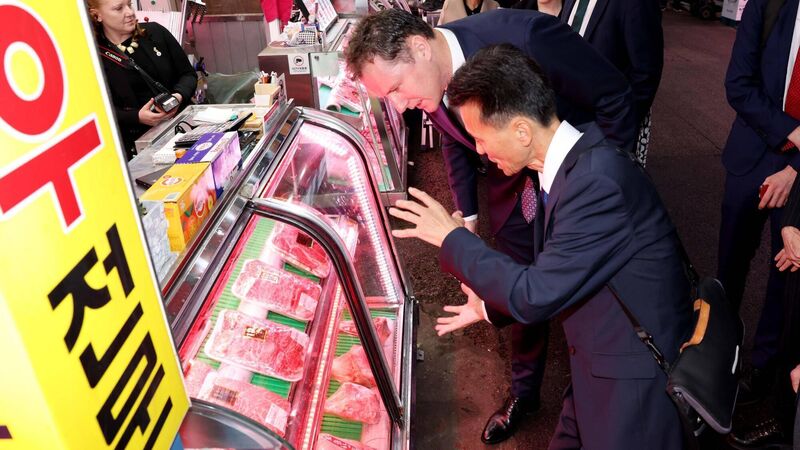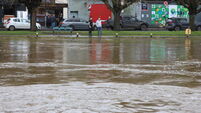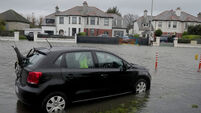Catherine Conlon: As the lights of planetary ecosystems start to flicker, politicians and global markets refuse to act

Agriculture Minister Charlie McConalogue and meat market consultant Amos Kim at Majang Meat Market in Seoul, South Korea.
As homes and businesses across a number of counties grapple with the impact of unprecedented flooding following record levels of heavy rain, the point at which the planet tips into a new equilibrium draws ever closer.
The research is awash with evidence of what George Monbiot describes as ‘flickering’ — the instability that might suggest we are approaching tipping points that wealthy governments across the globe refuse to acknowledge; as politicians and global markets grapple for what is left of the carbon budget.
Check out the Irish Examiner's WEATHER CENTRE for regularly updated short and long range forecasts wherever you are.
















